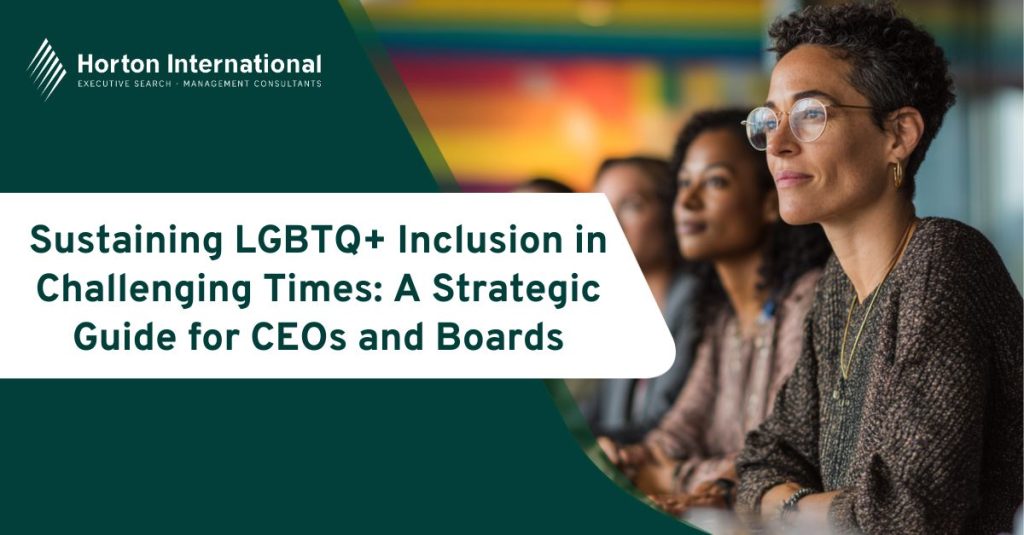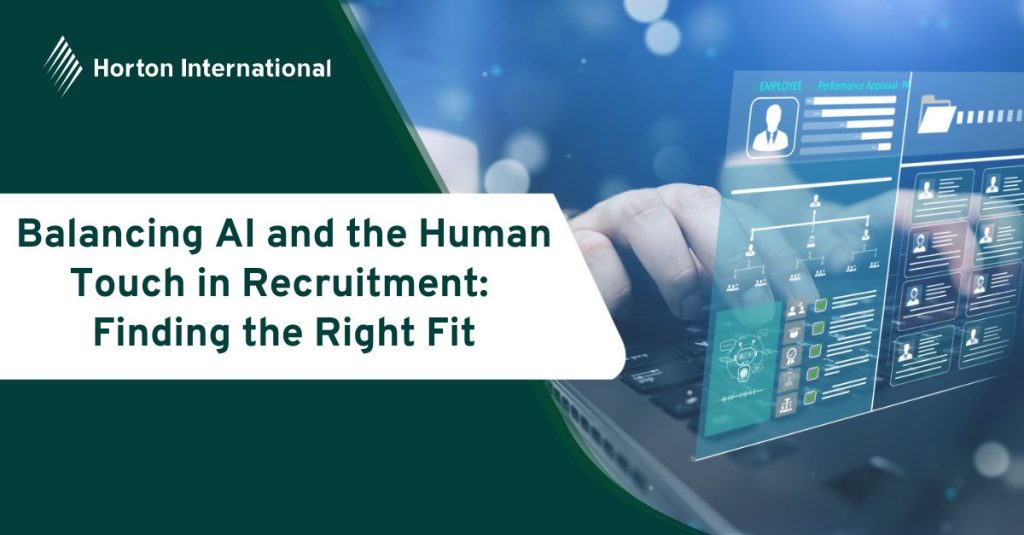Generation Z is now entering the workplace and it’s clear that their impressive technical skills and native digital fluency are both huge assets. At the same time, a noticeable issue is emerging – the gap in soft skills that will be vital for professional success. Bridging this gap is pivotal, both for Gen Z’ers and the companies they join.
Recent UK statistics highlight the full scope of this problem, making it crucial for businesses to implement effective strategies that will equip Gen Z with the soft skills they’ll need in the modern workplace.
The Soft Skills Gap in Statistics
A 2023 report released by the UK Commission for Employment and Skills revealed that 62% of employers believe the dearth of soft skills among the Gen Z cohort presents a major barrier to their workplace success. Possessing soft skills, such as communication, collaboration, problem-solving, and emotional intelligence, helps optimise individual performance – but it’s also a critical factor in boosting general organisational effectiveness.
Recent data from the Office for National Statistics (ONS) demonstrates that while 82% of Gen Z’ers are confident about their technical abilities, only 45% feel they are effective communicators. Other research, from the Chartered Management Institute (CMI), reveals that 70% of employers find young professionals lacking in leadership skills, while 55% believe they struggle to adapt well.
These statistics underscore a major problem – despite their fluency with technology and the digital landscape, Gen Z workers lack crucial interpersonal and organisational skills. Part of this is owing to the pandemic and a rise in remote working, yet the modern workplace is becoming increasingly collaborative and dynamic, making soft skills more important than ever.
Why are Soft Skills so Important in Today’s Workplace?
In our current work environment, soft skills are essential for several reasons:
- Communication – There’s been a huge increase in remote working and virtual teams, making clear and effective communication essential. Misunderstandings can easily lead to errors and costly inefficiencies, making strong communication skills a top priority.
- Teamwork and Collaboration – Today’s workplace often requires employees to work in diverse, cross-functional teams. Being able to collaborate, negotiate, and manage conflicts well is directly correlated with having successful project outcomes.
- Flexibility – The rapid pace of development in technology and ever-changing market conditions means that employees need to know how to adapt quickly. Those with strong problem-solving skills and good resilience will be better equipped to handle the current working environment.
- Leadership and Initiative – Even at entry level, having the ability to take the initiative and demonstrating good leadership skills sets employees apart and will prepare them well for future advancement.
10 Tips to help Employers Bridge the Soft Skills Gap
If employers want to address the soft skills gap and better prepare their Gen Z personnel for the modern workplace, there are several effective strategies they can implement:
1 – Integrate Soft Skills Training into the Onboarding Process
One way to do this is to create onboarding programmes that include training in essential soft skills. These can cover core areas, like effective communication, collaboration, and problem-solving. Hosting interactive workshops, creating role-playing scenarios, and implementing mentorship schemes can enhance this approach and make training more engaging and practical.
2 – Provide Ongoing Opportunities to Learn
Establish a culture of continual learning by providing ongoing training and upskilling opportunities. These can include workshops and online courses, or seminars focused on soft skills. Encouraging workers to pursue personal development helps with their wellbeing and ensures they stay adaptable and prepped for numerous challenges.
3 – Implement Mentorship and Coaching Programs
Matching younger employees with more experienced, older mentors provides them with invaluable guidance and feedback on their soft skills. Establishing regular coaching sessions will help workers to develop their skill sets more effectively, while receiving constructive criticism.
4 – Promote a Feedback-Positive Environment
To help workers continuously develop their soft skills, employers must first create a workplace culture where they feel listened to – and where regular, constructive feedback is valued. Encouraging feedback helps employees stay loyal and lets them understand their strengths, as well as the areas where they might need improvement.
5 – Encourage Cross-Functional Projects
Involving Gen Z employees in cross-functional teams and projects helps expose them to diverse working styles and different challenges. Having these experiences will not only enhance their teamwork and communication, it will also heighten their problem-solving abilities.
6 – Foster a Culture of Collaboration
Create opportunities for employees from differing age sectors to come together on projects and initiatives. Holding activities like team-building exercises and creating collaborative tasks improves interpersonal skills and cements strong team dynamics.
7 – Use Technology to Help Employees Upskill
Leverage the use of digital tools and platforms that facilitate skill development. Online learning platforms, virtual reality environments, and interactive apps all offer innovative ways for workers to practise, and enhance key soft skills.
8 – Clarify Expectations and Goals
Lay out the soft skills needed for different company roles and set clear, specific goals that employees can visualise and then work towards. Regularly review their progress and provide the support they will require to help them reach these targets.
9 – Recognise and Reward Soft Skill Development
Acknowledge and reward employees who develop strong soft skills. Employee recognition is a powerful motivator and reinforces the importance of these skills to the whole workplace.
10 – Encourage Networking and Professional Development
Enable younger employees to attend relevant industry events, networking opportunities, and professional development workshops. Having these experiences helps them build confidence and fine tunes their communication and leadership skills.
Conclusion
Addressing the soft skills gap is critical for both Generation Z and their employers, as this demographic continues to enter and shape today’s work environment. Recognising the importance of soft skills, then implementing strategies to develop them, will allow organisations to bridge the skills gap and create a more effective, flexible, and co-operative workplace.
Investment in the soft skills development of younger employees will not only enhance their individual performance – it directly contributes to the overall success of the organisation. If they have access to the right support and resources, Gen Z can thrive in the modern workplace, leveraging their already high technical prowess alongside a strong set of soft skills.








